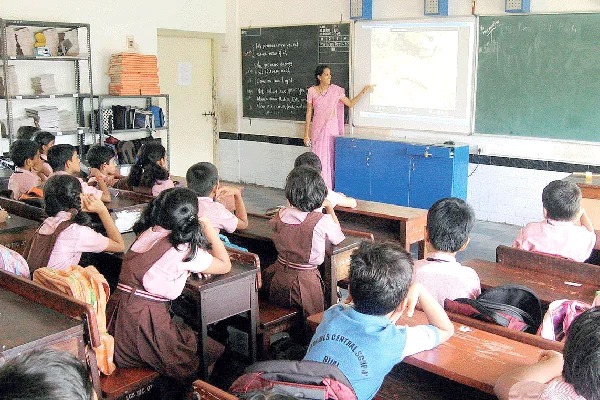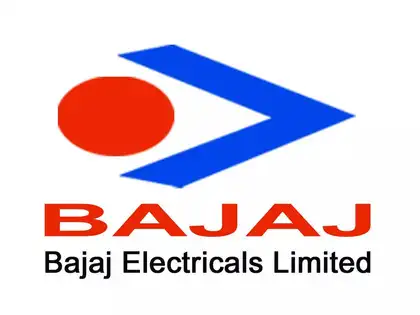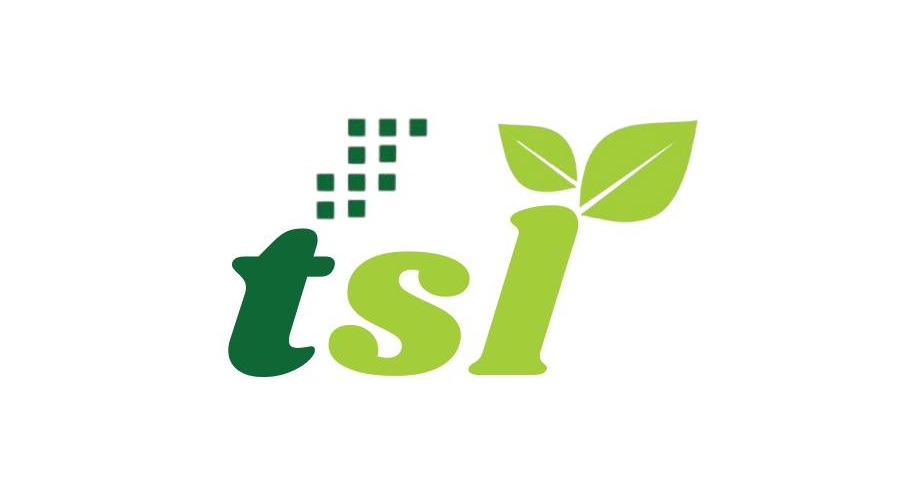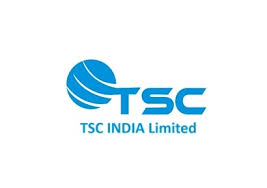 Image Source : Explored-Hub
Image Source : Explored-Hub
The Indian government is moving ahead with a transformative education reform aimed at integrating skill-based learning into the curriculum for Classes 11 and 12. This pivotal step aligns with the recommendations of the National Education Policy (NEP) 2020 and signals a shift from the traditional certificate and degree-centric model to one emphasizing practical competence and employability. Announced by Union Education Minister Dharmendra Pradhan during the Dakshinapatha Summit 2025 at IIT Madras, the initiative is positioned to reshape the senior secondary education landscape in India.
Key Highlights Of The Proposed Curriculum Change
Skill-based learning will become a formal and mandatory part of the Class 11 and 12 curriculum, moving beyond the previous optional or selective status.
The reform is rooted in the NEP 2020’s call for a paradigm shift in learning methodology to prepare students for real-world challenges.
The government is also exploring introducing skill education from as early as Class 6, emphasizing early foundational skill-building.
The focus is to cultivate competencies alongside academic qualifications, ensuring students emerge as capable and employable individuals.
Subjects under this curriculum will include cutting-edge areas such as coding, drone technology, artificial intelligence, and other emerging fields.
The move addresses the long-standing gap between academic certification and actual skill development critical for workforce readiness.
Shifting The Focus From Degrees To Competence
Historically, India’s schooling system, especially at the senior secondary level, has emphasized certificates, degrees, and rote learning, often sidelining practical skills vital to today’s economy. Education Minister Pradhan highlighted that Prime Minister Narendra Modi has emphasized the need for students not only to earn degrees but also to become truly competent professionals.
This curriculum reform is a conscious step toward bridging this gap. It aims to equip young learners with industry-relevant skills that complement their theoretical knowledge. Integrating skill-based education formally into Class 11 and 12 syllabi is set to foster critical thinking, creativity, problem-solving abilities, and hands-on expertise.
Details About Curriculum And Implementation
The upcoming curriculum is expected to be diverse and interdisciplinary, combining core academic subjects with skill development modules. These modules will be designed to be relevant to evolving market demands and technological advancements. For example, students might study traditional subjects like mathematics alongside complementary skills such as computer programming or digital technologies.
The reform plan includes:
-
Collaborating with education experts, industry professionals, and technology partners to curate skill-based courses.
-
Training educators to deliver skill-oriented instruction effectively.
-
Utilizing modern teaching aids, laboratories, and digital platforms for immersive learning experiences.
-
Introducing assessment frameworks that evaluate both theoretical knowledge and practical competencies.
Gradually rolling out the curriculum across schools nationwide, ensuring readiness in infrastructure and materials.
Broader Impact On Education And Employment
The initiative aspires to make India’s youth more employable and adaptable to rapid changes in job markets shaped by automation, artificial intelligence, and the gig economy. By formalizing skill education early, students will have greater opportunities to explore career paths and vocational training options, reducing skill mismatches.
Additionally, this reform supports the government’s broader vision of creating an education system that nurtures holistic development, innovation, and entrepreneurship. It also aligns with global trends where education frameworks increasingly prioritize skills over mere certificate accumulation.
Challenges And Way Forward
While the plan has been widely welcomed, its success hinges on effective implementation. Challenges include updating existing syllabi, ensuring quality teacher training, infrastructure readiness, and equitable access across urban and rural areas. Monitoring mechanisms and periodic curriculum revisions will be critical to keep pace with fast-changing industry needs.
Conclusion
India’s move to introduce a skill-based curriculum for Classes 11 and 12 marks a landmark shift in education policy—transitioning from degree-centric to competence-driven learning. This change, inspired by NEP 2020 and championed by government leadership, aims to prepare students better for future challenges by equipping them with practical, relevant skills alongside academic knowledge. As this reform unfolds, it promises to unleash the creative and innovative potential of millions of young Indians, empowering them for meaningful careers and contributions to the nation’s progress.
Sources: Hindustan Times, Times of India, Indian Express, Economic Times, India Today
Stay Ahead – Explore Now!
Messi in Mumbai: Football’s Magician Brings His Magic to Indian Turf This December
Advertisement
Advertisement





